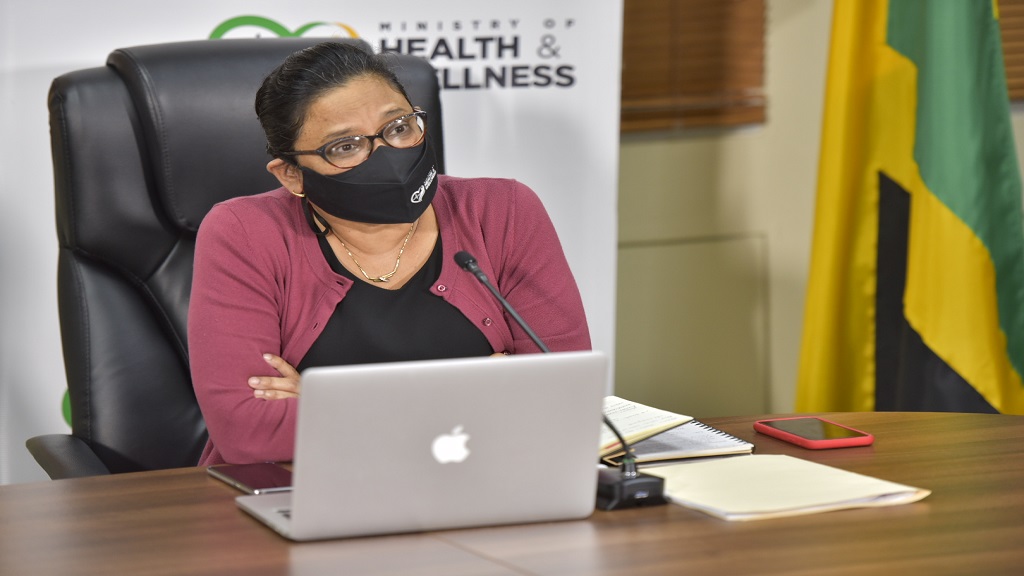Nairobi (Precision Vaccinations)
While several sexually transmitted diseases (STDs) lack preventive vaccines, such as herpes, HIV, and chlamydia, cervical cancer is a disease that can be prevented with an effective vaccine.
Furthermore, real-world data indicates only one dose is needed to protect certain women from this cancer.
Announced on April 20, 2023, a new study funded by the Bill and Melinda Gates Foundation and in collaboration with the Massachusetts General Hospital (MGH) and the Republic of Kenyan Ministry of Health confirmed a single dose of a Human Papillomavirus (HPV) vaccine was highly efficacious in preventing persistent infections of the virus over three years.
This randomized, multicenter, double-blind, controlled clinical trial included 2,275 women between the ages of 15-20, who were randomly assigned to receive either a single dose of the bivalent or nonavalent HPV vaccine or the control vaccine.
Over the 36-month study period, participants were regularly tested for HPV DNA, with cervical and vaginal swabs routinely collected. The results showed that the single dose of both the bivalent and nonavalent HPV vaccines was highly efficacious, with a vaccine efficacy of 98%.
Additionally, the nonavalent vaccine had a vaccine efficacy of 96% for the nine types of HPV it targets.
“This study provides important evidence that a single dose of HPV vaccine can be highly effective in preventing persistent infections and, ultimately, cervical cancer,” commented Lead Investigator Dr. Ruanne Barnabas of the MGH in a press release on April 20, 2023.
“A single-dose vaccination schedule could go a long way in addressing this deadly inequity.”
Since December 2022, eight countries have announced switching to a one-dose HPV schedule following updated guidance from the World Health Organization (WHO).
The WHO’s Strategic Advisory Group of Experts on Immunization evaluated the evidence and supported a single-dose schedule for certain women.
In 2023, SAGE recommends updating dose schedules for HPV as follows:
One or two-dose schedule for the primary target of girls aged 9-14,
One or two-dose schedule for young women aged 15-20,
Two doses with a 6-month interval for women older than 21.
In the U.S., the recommended HPV vaccination schedule differs from the WHO.
Furthermore, these STDs lack U.S. FDA-approved vaccines as of April 21, 2023: Chlamydia, Epstein-Barr Virus, Gonorrhea, Herpes, HIV, and Syphilis.
However, there are approved vaccines targeting Mpox and Hepatitis diseases.
Discovered on: 2023-04-21 16:26:02
Source: Which Sexually Transmitted Disease is Vaccine-Preventable — Precision Vacci…



